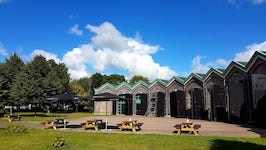 |
|
The Grain Republic: a new benchmark for collaboration in the short food supply chain
The Oldambt, a region in the east of Groningen, is traditionally the area where many grains are grown. The sea clay of the Dollard bay provides the ultimate conditions for growing a variety of grains. In recent decades, the number of grain species in the landscape has been drastically reduced. Ninety percent of all crops grown now are winter wheat and corn, used as animal feed. This creates a monotonous landscape, and causes biodiversity and soil degradation.
More information and detailed description
|
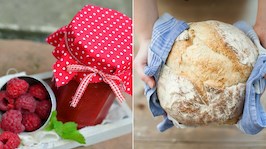 |
|
REKO-ring - a new way of reaching the consumer
REKO-rings is a way to buy locally produced food, without unnecessary intermediaries. Consumers and producers in one place join their forces and start a REKO-ring, a digital trading channel using Facebook to sell and buy local food. Simple and ingenious!
More information and detailed description
|
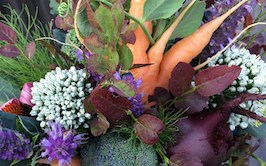 |
|
Matfest
Matfest in Sweden (region Västra Götaland) is an event that can be divided into three parts. A map shows the numerous producers of various foods from all over the region. It also works as a guide to show where you can buy locally produced foods. Finally Matfest is also an event day, always taking place on the last Sunday of September. During the event local producers, cafées restaurants and shops open up their businesses for visitors and collaborate to show the richness of various produce and products available in the region.
More information and detailed description
|
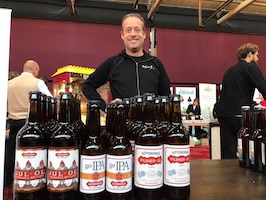 |
|
Mini-fairs
There is a big and growing demand in Sweden
for locally produced food. The consumers expect
the grocery stores to have a broad supply of local
products to choose from. A survey made by ICA
and the farmers union shows that 72 percent of
the respondents deliberately choose Swedish in
the grocery store. This strong demand drives the
grocery stores to adapt their purchase routines to
make it easier to get local products into the super-
markets. They have also increased their efforts
to market and give the local products in the stores
extra attention by placing the products in prominent
positions and clearly marking them as local.
More information and detailed description
|
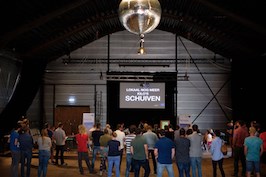 |
|
Local Food Auctions in Groningen
The Groningen team of REFRAME asked
themselves a very simple question in order
to boost the local food chain: what is the most
elementary, specific form of a local food market?
The answer: an auction! They designed and
organized a minimum viable food market,
invited restaurant owners and chefs to
meet producers and let the magic happen.
And believe it or not: it worked!
More information and detailed description |
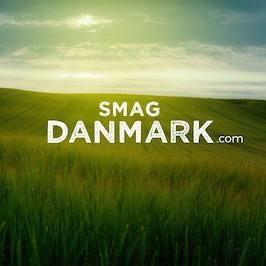 |
|
Smagdanmark.com – the implementation
of FOODMATRIX in Denmark - history,
results and prospects
FOODMATRIX is a sales & distribution
solution combining web-shop, marketing and
distribution. The concept was previously
published on the Reframe website.
The Danish version of the solution is named
smagdanmark.com (tasting Denmark) and was
launched in December 2016. The development
since then and the perspectives for the
future are described in a new report.
More information and detailed description
|
 |
|
Burgdorfladen - local supply of food and
services
As in many other rural areas of Germany,
the effect of urbanization and centralization
is visible in the region of Wesermarsch.
Due to this, villages lose local services, such
as bakeries, slaughterhouses, butchers and
grocery stores. In the municipality of Ovelgönne
a committed foundation reorganized the local
village suplly and opened the village center
BurgdorfLaden.
More information and detailed description
|
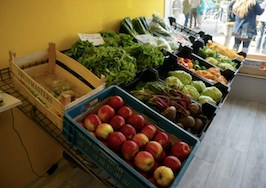 |
|
Food and social inclusion
In this report we compare two initiatives
from the city of Groningen that both work
with food as a tool to reach an increased social
inclusion. What do they have in common?
How do they differ? And what can they learn from
each other? The initiatives have been compared
on organizational model, goals, partners involved,
business model and lessons learned.
More information and detailed description
|
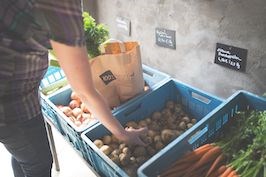 |
|
100 % West-flemish
The Province of West Flanders has countless
outstanding farm and regional products.
The 100% West-Flemish label gives recognition
to honest, authentic and top-quality products
from the region. INAGRO, POM West-Vlaanderen
and UNIZO West-Vlaanderen have joined forces to
develop this network. In this way they are creating
greater opportunities and economic strength
for West-Flemish farms and regional producers.
Around 230 producers have already become
members.
More information and detailed description
|
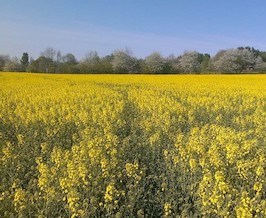 |
|
Locally produced in West – a resource
center for smaller regional food producers
in West SwedenLocally produced in West (Lokalproducerat i Väst) is a resource center for small-scale food producers in Region Västra Götaland, Sweden, who provides advice, coaches with the objective to create growth and employment in the region. From this initiative a network of 300 food producers has emerged. The only one of its kind in Sweden .
More information and detailed description
|
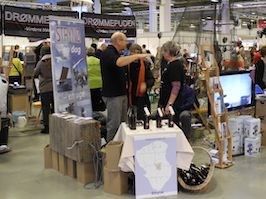 |
|
Iconic food production – branding of
local communities
Iconic food production is a production
that in market perception is linked to a location.
European Mediterranean countries for instance
have a very strong tradition of linking food
production to branding of regions and communities.
A district is defined as a producer with defined
qualities, reflecting not only the natural conditions
of the soil and land but also culture and traditions
in the district. Based on these traditions, an EU
regulation has been defined on protection of
geographical indications and designations of origin.
More information and detailed description
|
 |
|
Regional Cooperative of Zuidwest Drenthe
The Regional Cooperative of Zuidwest Drenthe
(GCZWD) is based in the province of Drenthe,
in the northern region of the Netherlands.
Our aim is to further develop the area we live and
work in and make use of new opportunities by
bringing local entrepreneurs, education and
authorities together.
Cooperation leads to a greater understanding of
each other and our motivations.
More information and detailed description
|
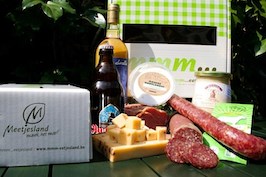 |
|
Cooperatives East-Flanders
In the East of Flanders (Belgium), already three
cooperatives have been established,
Mmm...eetjesland, Smaak van Waas and
Vlapas, in which producers unite in a cooperative
collaboration.Within these local initiatives
between regional producers experiences
are exchanged and their products are bundled,
making local products more accessible
to the consumer.
More information and detailed description
|
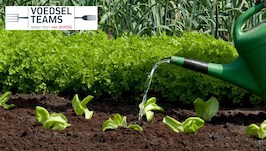 |
|
Food teams
'Voedselteams' or Food teams is a group of active
producers and consumers working together.
Their aim is to promote small-scale, sustainable
agriculture and horticulture and to develop local
economies. They want to take on a pioneering role
in the field of short-chain supply and alternative
business operations, to make these short-chain
products accessible and attractive to a broad public.
More information and detailed description
|
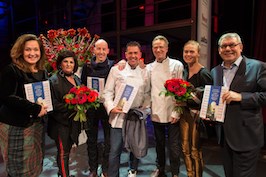 |
|
Dutch Cuisine
The Municipality of Groningen stimulates
the use of regional products in restaurant
meals and by catering companies, by promoting
the label ‘Dutch Cuisine’. The label helps SME's
such as restaurants and catering companies
to highlight their commitment to regional
cuisine, including regionally sustainable
produced food.
More information and detailed description
|
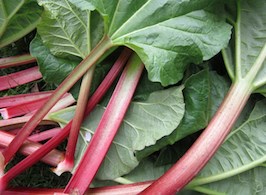 |
|
Strategic alliances between food SME's
and speciality food retail shops
Development in the food landscape in Denmark
takes two directions. One is industrialised
food production growing ever larger and developing
into multinational and highly specialised
companies transporting ingredients for processing
over ever greater distances. The other is the
development of food SME’s. These are often
established by individuals driven by an idea,
developing new products, producing
food in new ways, or creating new business models.
More information and detailed description
|
 |
|
FOODMATRIX
FOODMATRIX is a combined distribution
logistiscs, web-shop and marketing platform
allowing at the same time:
• the presentation of unique qualities
and/or local identity of food commodities,
• distribution within 24 hours from a producer
in any part of Denmark to customers
and consumers in every part of Denmark,
• the development of co-operation (cohesion)
within and among local food networks,
as well as
• economic sustainability of the services
of local food networks.
Offering a direct link between producers
and consumers, FOODMATRIX is a novel
business model for food SME’s and a facilitator
of consumer driven innovation in the food
landscape.
More information and detailed description
|
|
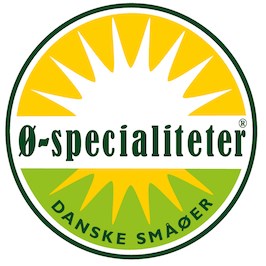
|
|
Food networks in Denmark - A bottom-up
approach to local food frames
Local food networks were established
in the 2000’s in most parts of Denmark.
The food networks were instrumental in
developing local identity and local infrastructures
for food production, marketing and profiling
of the location. The ‘Taste of Denmark’
(Smagen af Danmark) seeks within the context
of REFRAME to stimulate bottom-up food
networks in Denmark.
More information and detailed description
|
|
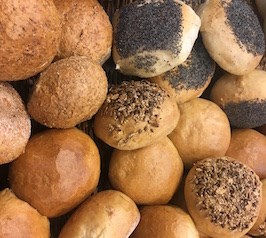
|
|
Regional cooperative food network
in West-Flanders
An example of a regional cooperative
food network between local producers
and institutional kitchens. In this pilot, we
want to adress consumers of the institutional
kitchens of Boeverbos, Sint-Bernardus
and ViVES Kortrijk, as they have a large
impact on the society. By bringing the local
products to the institutional kitchens,
the SME’s can increase their turnover.
More information and detailed description
|
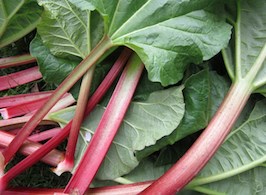 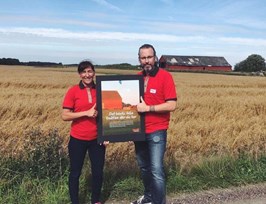 |
|
ICA Maxi project
An example of a corporate policy that
favours regional food production and
short supply chains.
More information and detailed description |
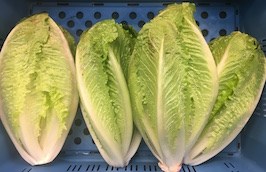 |
|
A regional hub system for better
logistics
An example of a collaborative solution
in West
Sweden
More information and detailed description |
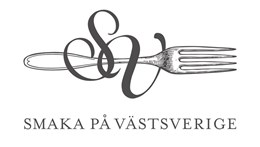 |
|
Taste of West Sweden
An example of a concept to make visible
and develop the regional food culture.
More information and detailed description |
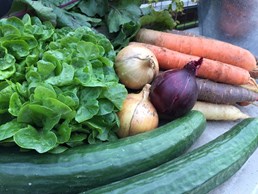 |
|
REKO-rings
A concept that in short time has become
a popular way for the producer and consumer
to meet. At the same time they are creating
a network and logistical system for locally
produced foods, using social media.
More information and detailed description |
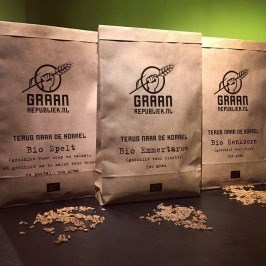 |
|
The Grain Republic - Back to the Grain
The Municipality of Groningen has helped
the SME collective Graanrepubliek to connect
with regional demand in general and
with regional innovative food related
SMEs in particular. These contacts materialized
in collaborations on the growing and
processing of old types and special grain
varieties.
More information and detailed description
|
 |
|
De Streekkantine (Canteen with regional
products)
The Municipality of Groningen has introduced
the concept of the ‘Streekkantine’ a canteen
for employees of the municipality with
regional products, procured from regional
SMEs.Streekkantine organizes and customizes
the delivery and billing of local food in the
largest canteen of the municipality. For the
local government it is not only important
to procure food from regional SMEs but also
to present our food policy to our employees:
“Practice what you preach” helps us with the
ongoing debate on how to foster an innovative,
sustainable and healthy regional food policy.
More information and detailed description
|


























